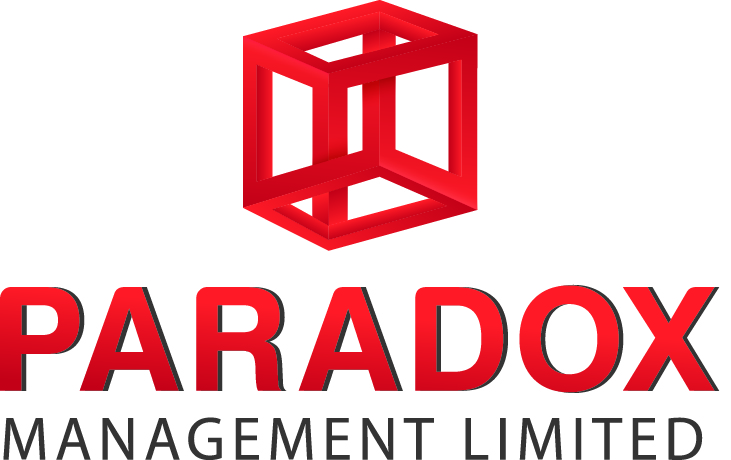Preface In Hong Kong’s financial market, licensed corporations (commonly known as Type 1, Type 4, and Type 9 licenses) are often viewed as assets with “built-in credibility” due to strict regulation by the Securities and Futures Commission (SFC). However, the SFC also maintains rigorous scrutiny over shareholding structures and major shareholders’ qualifications. As a result,…
Preface Besides the “334” strategy, many other “clever” approaches circulate in the market that attempt to avoid SFC approval for major shareholders, such as splitting shareholdings into numerous small portions below 10%, or diluting actual control through multiple layers of offshore companies. This article will explore several common cases and explain how these methods are…
Key Points: Major Selling Points: Other Details: For more information, please WhatsApp 93472064. Paradox Management Limited is representing the seller, and the price shown includes Paradox’s commission. These details are for reference only and may deviate significantly from the actual company. View with caution.
Key Points: Major Selling Points: Other Details: Transaction Requirements: For more information or to engage with the seller, please WhatsApp 93472064. Paradox Management Limited is representing the seller, and the price shown includes Paradox’s commission. These details are for reference only and may deviate significantly from the actual company. Please view with caution.
Key Points: Major Selling Points: Other Details: For more information, please WhatsApp 93472064. 悖論管理有限公司 (Paradox Management Limited) is representing the seller, and the price shown includes Paradox’s commission. Note: These details are for reference only and may deviate significantly from the actual company. View with caution.
Insurance Rebates: Compliance vs. Boundary-Pushing, Complete Guide I. Background and Limitations of Rebates In Hong Kong, regarding long-term insurance products (e.g., life insurance, savings with dividends, investment-linked insurance), the Insurance Authority (IA) has clear guidelines (e.g., GL25 – Guideline on Offering of Gifts) prohibiting unrecorded or under-the-table “money-giving” rebates. II. Common “Compliant Practices”: Transparent Approaches…
Insurance brokerage firms can legally give “rebates” to clients as long as they follow the law and regulatory requirements. The most important thing is to ensure the process is transparent, documented, and not done secretly. Here are three main approaches: 1. Using the Client’s Close Friends or Family as “Referrers” 2. Formally Documenting “Rebate” Terms…
In the insurance industry, especially in markets like Hong Kong and the U.S., two practices often spark debate: rebating and the involvement of unlicensed third parties. Rebating happens when brokers or agents offer customers a portion of the premium or commission as an incentive to buy insurance. Meanwhile, unlicensed third parties are people without proper…
In Hong Kong’s fiercely competitive financial services landscape, insurance brokers face the constant challenge of differentiating themselves and delivering greater value to their clients. One innovative strategy gaining traction is rebranding as multiple family offices (MFOs). By transforming from traditional insurance providers into comprehensive wealth management hubs for high-net-worth (HNW) and ultra-high-net-worth (UHNW) families, brokers…
Hong Kong is an international financial hub with a mature legal and financial system, and its insurance market is transparent and well-developed. According to the Insurance Ordinance (Cap. 41 of Hong Kong Laws), anyone or any company conducting insurance broker business in Hong Kong must apply for and obtain an insurance broker licence from the…
